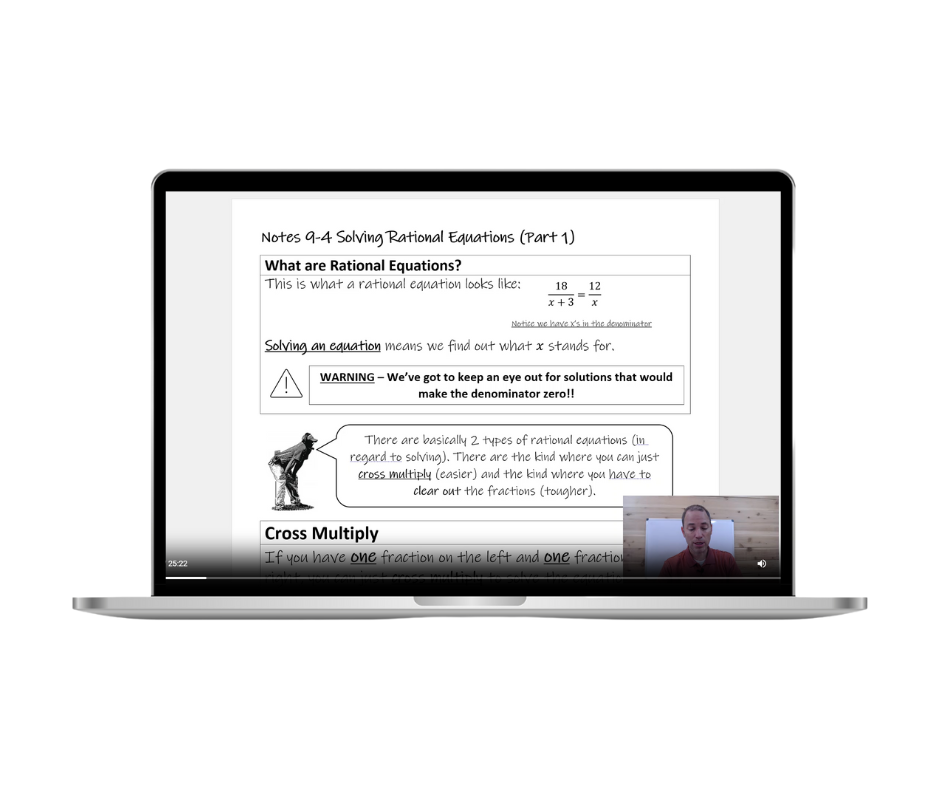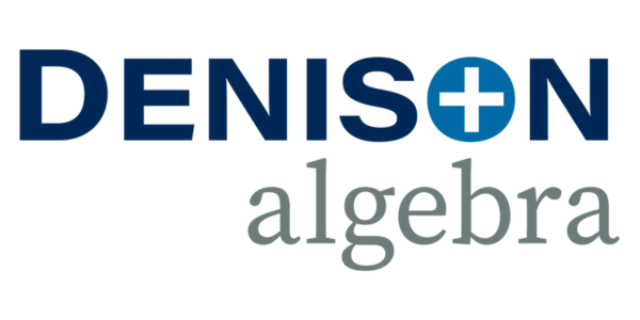Success Algebra 1 is an algebra course that has been thoughtfully streamlined and broken into small, bite-sized pieces, specifically designed for students with learning challenges that make processing math difficult. The lessons typically introduce just one skill at a time in an easy-to-understand format, with frequent reminders and built-in review. The goal of the course is to help students experience success in algebra 1 by reducing math anxiety, building confidence, and teaching habits and strategies needed to learn abstract math.
This course is specifically intended for students who have learning or processing challenges that make math particularly difficult (not for students who have learning challenges but are gifted in math). Common diagnoses for students who would benefit from this course include (but are not limited to) dyscalculia, ADD/ADHD (not gifted in math), high-functioning autism (not gifted in math), or other similar learning or processing challenges. However, a formal diagnosis is not required. Often, a parent’s gut feeling is enough. If your child truly struggles with math and has not yet experienced success in algebra, this course may be a good fit. Typically, students who are a good fit for Success courses experience learning difficulties in all or most school subjects, not just math.
Success Algebra 1 focuses on essential algebra 1 topics, intentionally leaving out non-essential content to provide space for mastering the foundational skills needed for success in geometry and algebra 2. While this is not considered a "college-prep" course, its primary aim is to build math confidence and develop strong learning habits that will serve students well, whether or not they pursue college in the future.
Students who complete Success Algebra 1 will be prepared to continue with Success Geometry and Success Algebra 2. By the end of these three courses, students will have earned enough math credits to graduate high school and will possess the skills needed to test into basic math courses in a college setting and then transition to more advanced studies, if they choose to do so.





